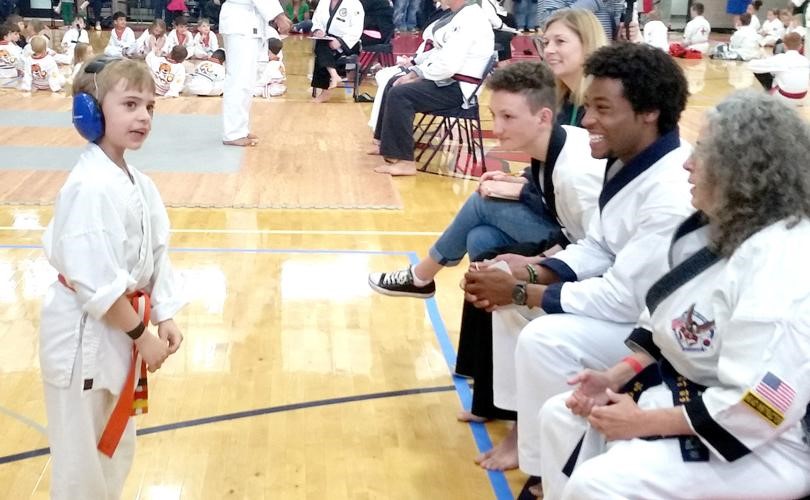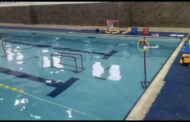By Dr Ali Saber Mohamed
Exercise interventions help to improve the mental health and behavioral functioning in individuals with Autism Spectrum Disorder. This intervention is much more cost-effective than traditional behavioral therapies, which require highly trained specialists and intensive one-on-one support. In contrast, exercise can be performed in one’s home or community facilities, with little-to-no equipment or specialized support.
اقرأ ايضا: فوائد النشاط البدني للأطفال ذوي اضطراب طيف التوحد
There are multiple research reviews on effectiveness of exercise as intervention for autism treatment (1). The use of physical exertion as a means of decreasing problem behaviors or increasing appropriate behaviors, i.e exercise therapy, is considered an evidence- based practice. Research has revealed that disturbances and deficiencies in motor skills are commonly associated with autism spectrum disorder. Given this evidence, exercise therapy seems an appropriate therapeutic strategy for improving the quality of life in autism spectrum disorder (2, 3).
Since communication and social interaction are the major deficit areas seen with autism spectrum disorder, a study from China showed significant improvements in the social function among children with autism who participated in structured physical activity program consisted of exercise sessions and opportunities to enhance social interactions in a natural environment (4).
After 12 weeks Karate training, the intervention group showed greater socio-emotional competence such as communication, cooperation and engagement, better executive functioning ability such as cognitive flexibility, inhibitory control and working memory, and a lower aggressiveness, sadness, anxiety and hyperactivity (5). Teaching Karate techniques to children with Autism Spectrum Disorder leads to significant reduction in their communication deficit (6).
Kata is a pattern of martial arts movements practiced as a way to memorize and perfect execution. After 14 weeks Kata techniques training, there were improvement in social interaction (7). Also, Kata techniques training consistently decreases stereotypy in children with Autism Spectrum Disorder (8).
In conclusion, Karate techniques proved significant efficacy as intervention in the treatment of Autism Spectrum Disorder.
References:
- Bremer E et al (2016). A systematic review of the behavioral outcomes following exercise interventions for children and youth with ASD. Autism, 2016; 20(8): 899-915
- Sefen J A N et al (2020). Beneficial use and potential effectiveness of physical activity in managing ASD. Front Behav Neurosci, 2020;14
- Wong C et al (2015). Evidence-based practices for children, youth and young adults with ASD: a comprehensive review. J Autism Dev Disord, 2015; 45: 1951-1966
- Zhao M and Chen S (2018). The effects of structured physical activity program on social interaction and communication for children with autism. Biomed Res Int, 2018
- Greco G and DeRonzi R (2020). Effect of Karate training on social, emotional, and executive functioning in children with ASD. J Physical Education Sport, 2020;20(4):1637-1645
- Fatimah B et al (2016). The effect of Karate techniques training on communication deficit of children with ASD. J Autism Dev Disord, 2016 Mar; 46(3): 978-986
- Movahedi A et al (2013). Improvement in social dysfunction of children with ASD following long term Kata techniques training. Research in Autism Spectrum Disorders, 2013; 7(9): 1054-1061
- Fatimah B et al (2012). Kata techniques training consistently decreases stereotypy in children with ASD. Res Dev Disabil, 2012 Jul-Aug; 33(4): 1183-1193
أخصائى الأمراض النفسية والعصبية بمستشفى آل سليمان وشركة كهرباء مصر
طبيب جمعية ومركز التأهيل الشامل للمعاقين بمحافظة بورسعيد
مستشار إعاقات الطفولة لجمعية نور الرحمن
صاحب مدونة ( إطلالة على التوحد ),
كاتب ومؤلف بمجلة وكتاب المنال الصادر عن مدينة الشارقة للخدمات الإنسانية
كاتب بمجلة أكاديمية التربية الخاصة السعودية

























